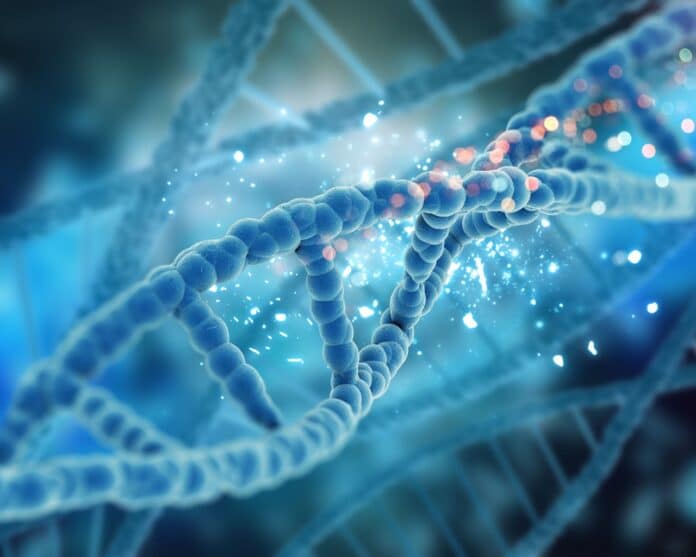A new study has found that 1–4% of the genomes of modern humans, whose ancestors left Africa, contain Neanderthal DNA. However, how much of those genes actively impact human characteristics is still unclear. This helped them survive the different settings they faced.
A multi-institution research collaboration, including Cornell University, has created a new set of computational genetic tools to address the genetic repercussions of the about 50,000-year-old interbreeding between non-African-ancestry humans and Neanderthals.
According to a study published in eLife, some Neanderthal genes are to blame for a number of characteristics in modern humans, including those that have an important effect on the immune system. The research revealed that contemporary human genes are outpacing those of earlier generations.
The researchers examined more than 235,000 genetic variants most likely descended from Neanderthals using a large dataset from the UK Biobank that included genetic and phenotypic data on over 300,000 Brits of non-African ancestry.
Study co-lead author April (Xinzhu) Wei, an assistant professor of computational biology at the College of Arts and Sciences, said, “Interestingly, we found that several of the identified genes involved in modern human immune, metabolic and developmental systems might have influenced human evolution after the ancestor’s migration out of Africa, We have made our custom software available for free download and use by anyone interested in further research.”
The researchers examined more than 235,000 genetic variants most likely descended from Neanderthals using a large dataset from the UK Biobank that included genetic and phenotypic data on over 300,000 Brits of non-African ancestry.
They discovered that 4,303 of these DNA variations significantly impact 47 different genetic features in contemporary humans, such as an individual rate of caloric expenditure or innate immune tolerance to specific diseases.
The team’steam’s new computational methods may provide a way forward for extracting evolutionary insights from other sizable databases to delve further into the genetic influences of archaic humans on modern humans, even though the study only used a dataset of almost entirely white individuals living in the United Kingdom.
Senior investigator Sriram Sankararaman, an associate professor at the University of California, Los Angeles, said, “For scientists studying human evolution interested in understanding how interbreeding with archaic humans tens of thousands of years ago still shapes the biology of many present-day humans, this study can fill in some of those blanks, More broadly, our findings can also provide new insights for evolutionary biologists looking at how the echoes of these types of events may have both beneficial and detrimental consequences.”
According to this study, the biology of many modern people is still influenced by interbreeding with archaic humans from tens of thousands of years ago.
The study was funded by the National Science Foundation and National Institutes of Health grants.
Journal Reference:
- Xinzhu Wei, Christopher R Robles, Ali Pazokitoroudi, et al. The lingering effects of Neanderthal introgression on complex human traits.eLife. DOI: 10.7554/eLife.80757
